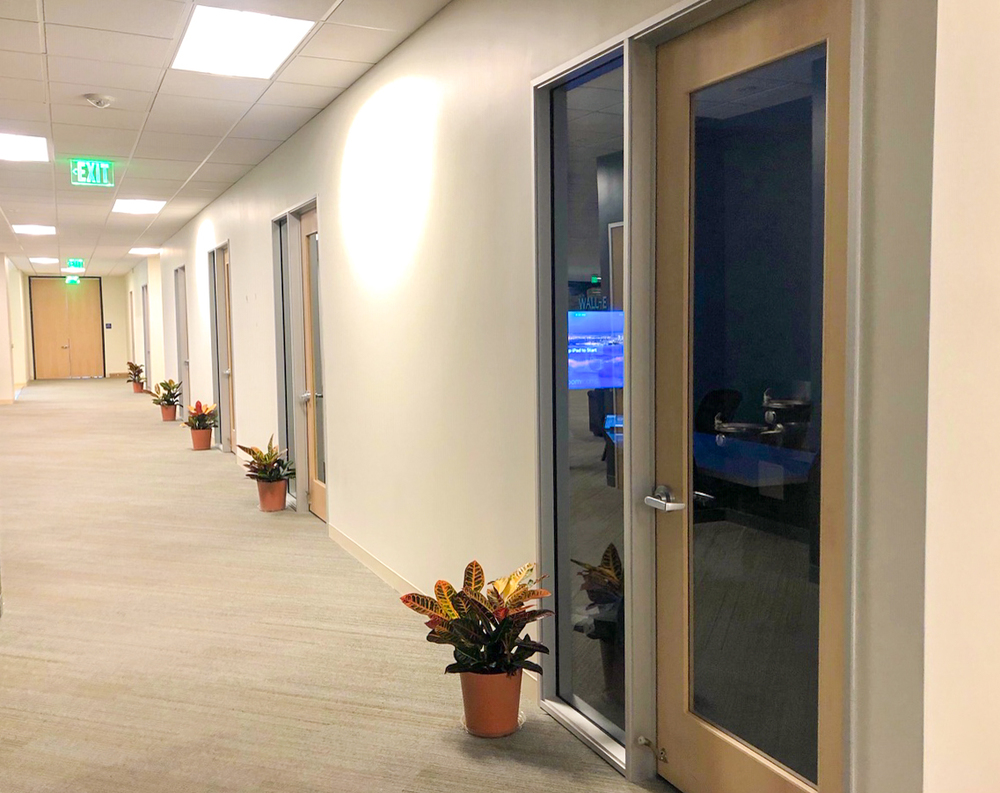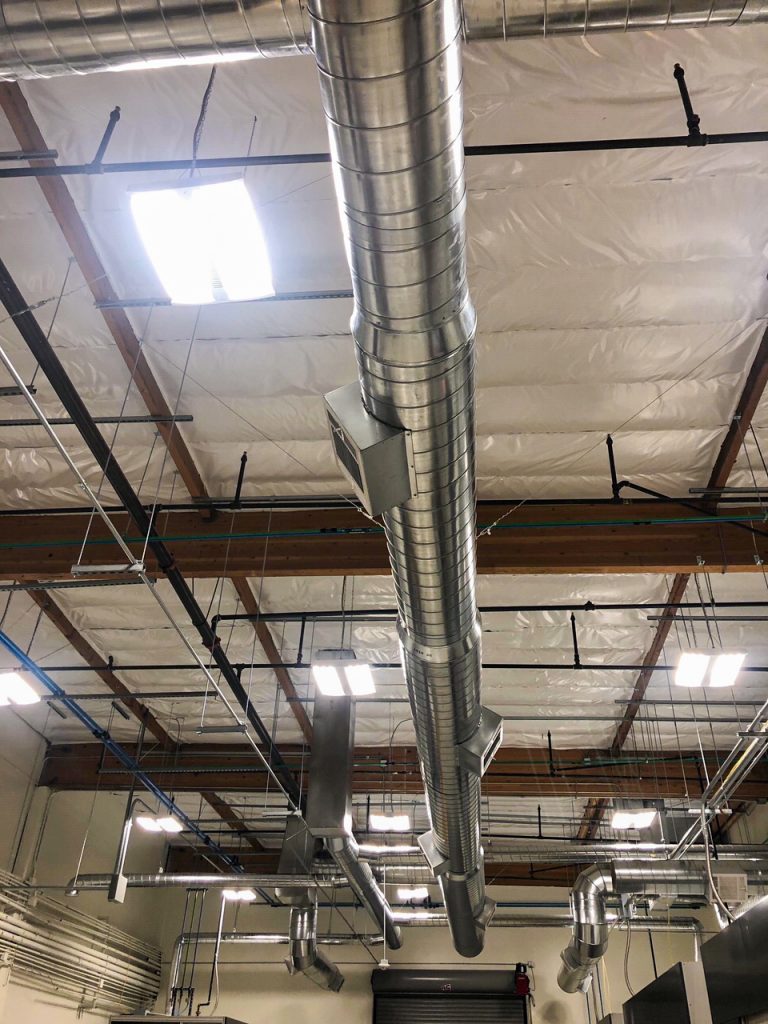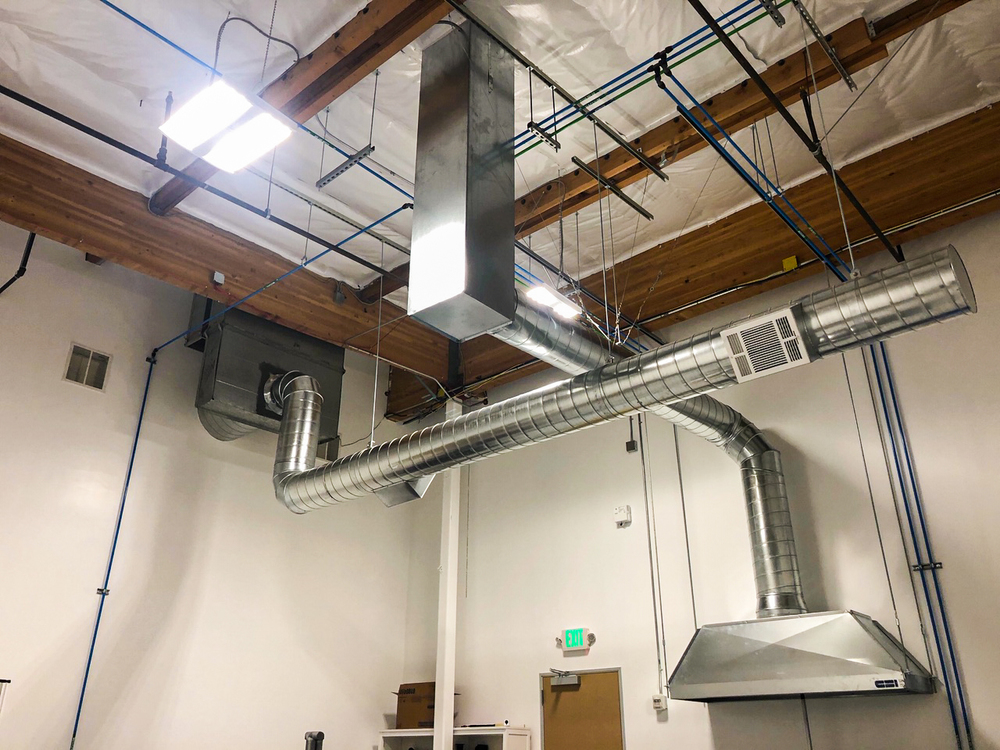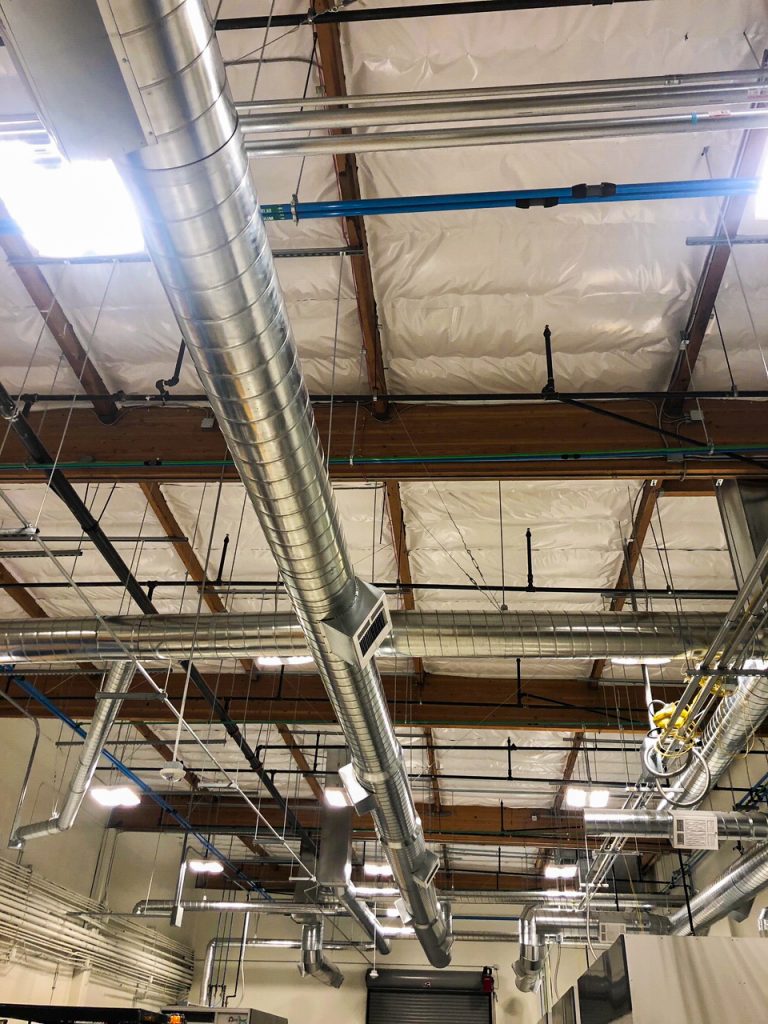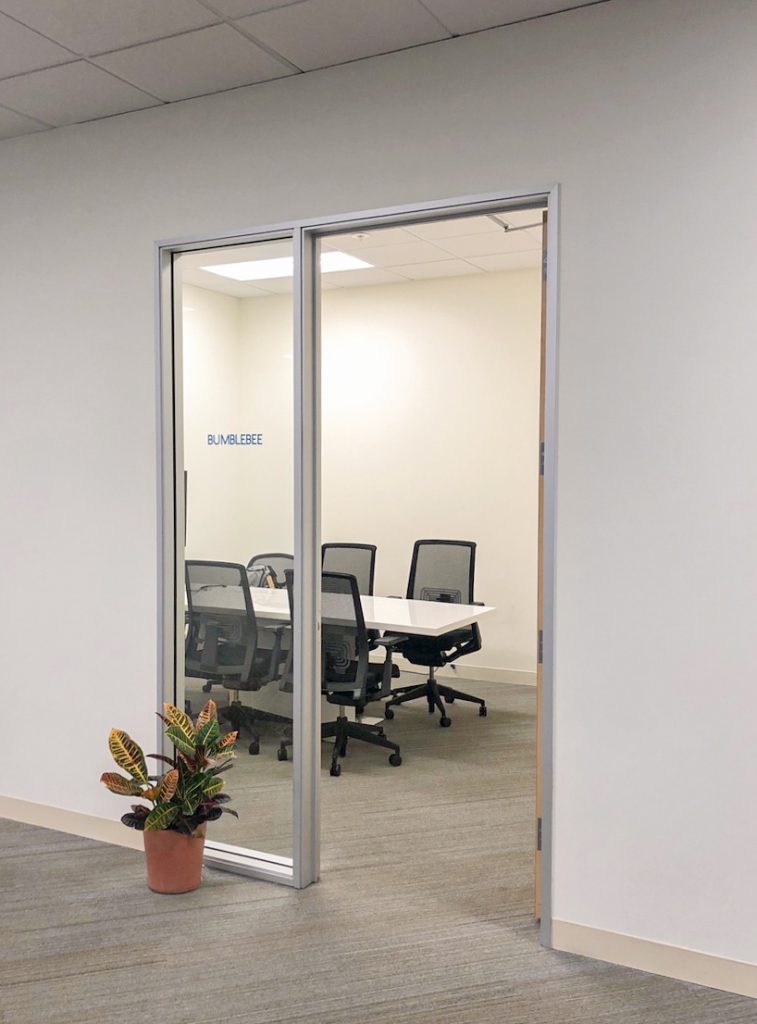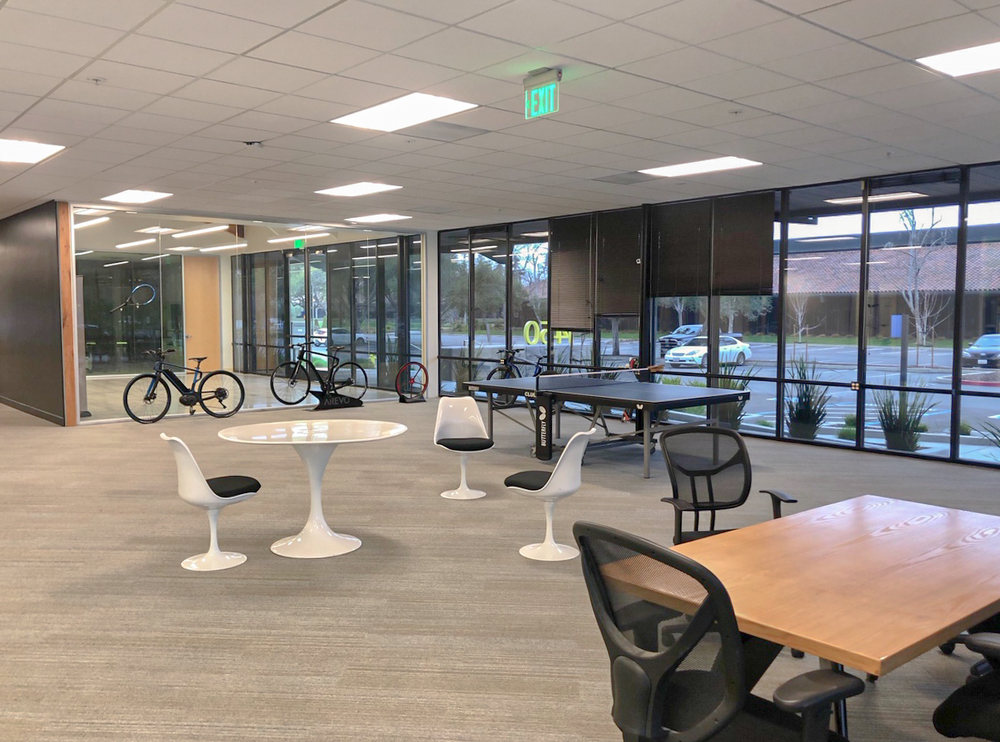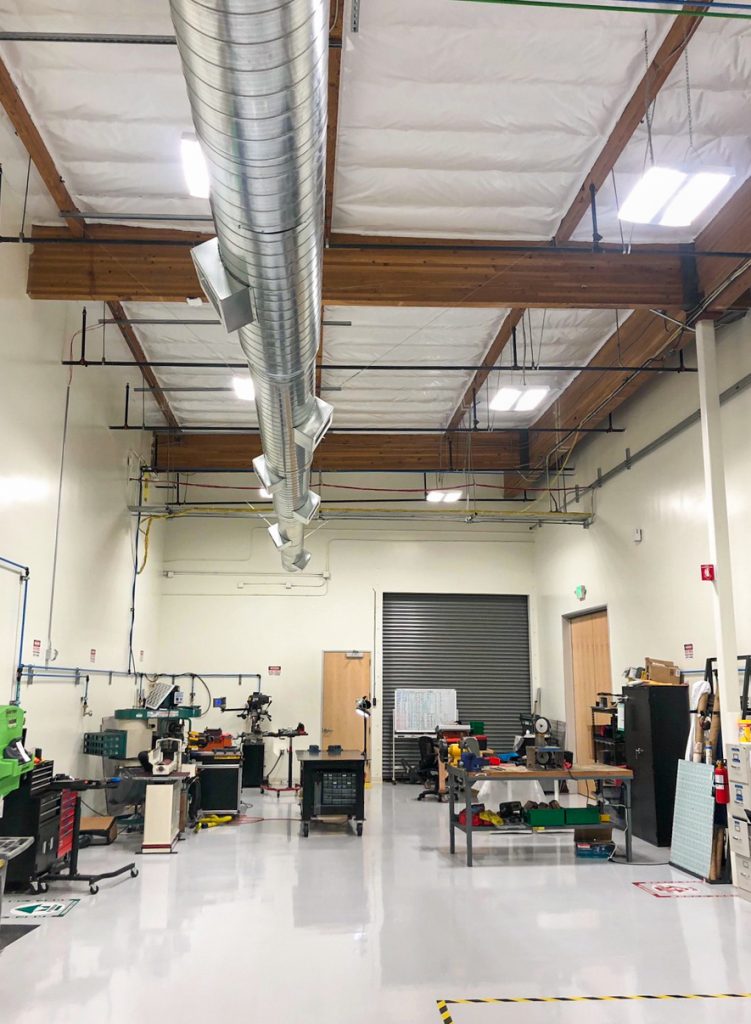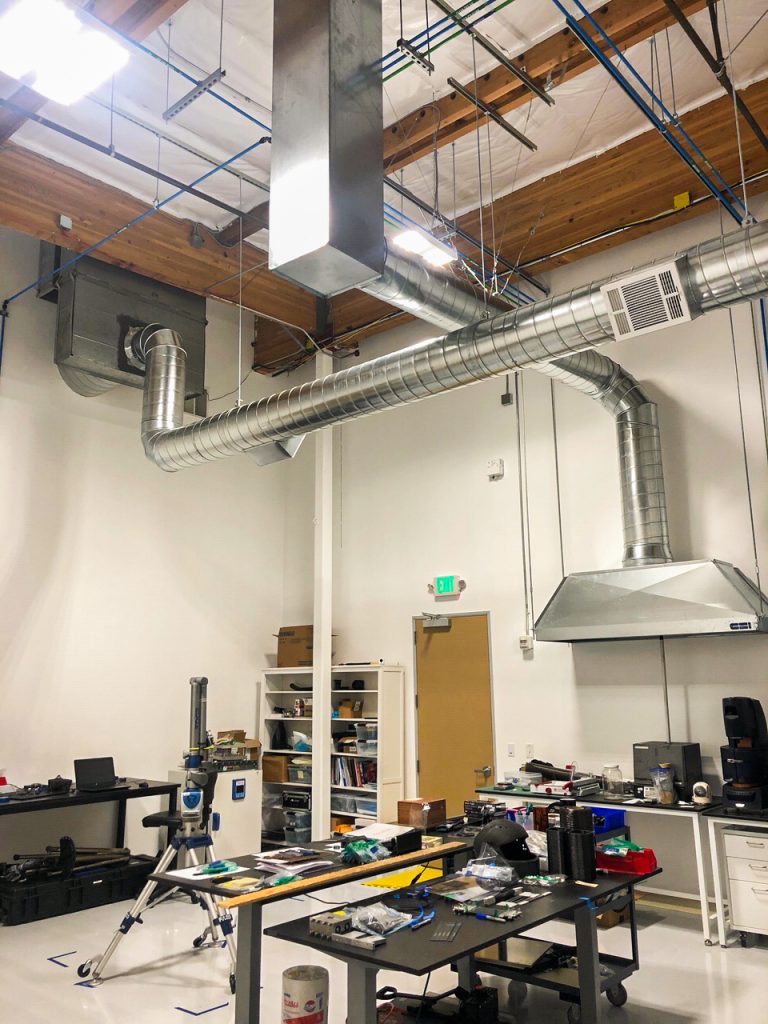Located in Milpitas, CA, Arevo contacted CMR to perform a perplexing build for one of the largest 3D printing facilities in California with several obstacles to overcome. CMR was promised 30 days to demise space separate electrical and HVAC before the tenant was to move in. Unforeseen circumstances caused the tenant to move in only three days into the 30-day timeline, and CMR adjusted, separated the space, and performed a 2.5-million-dollar design-build renovation with a fully operational company sharing the same space. We were able to disperse power and data to get them going in 48 hours, separate the space, and make room for their existing 3D machines and supply them with energy and water as well. The product was turned over fully operational within seven months, and due to slow permit processing.

